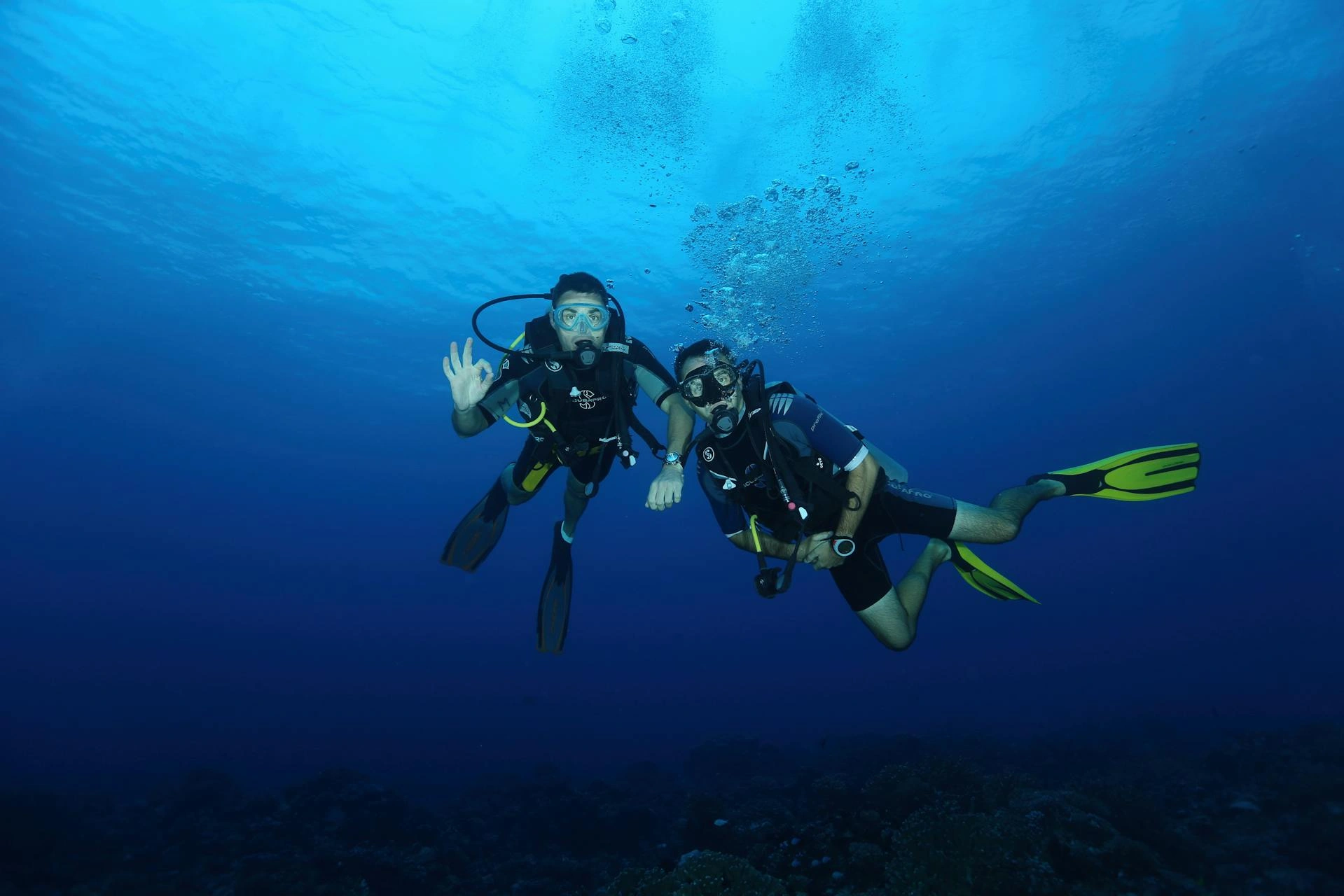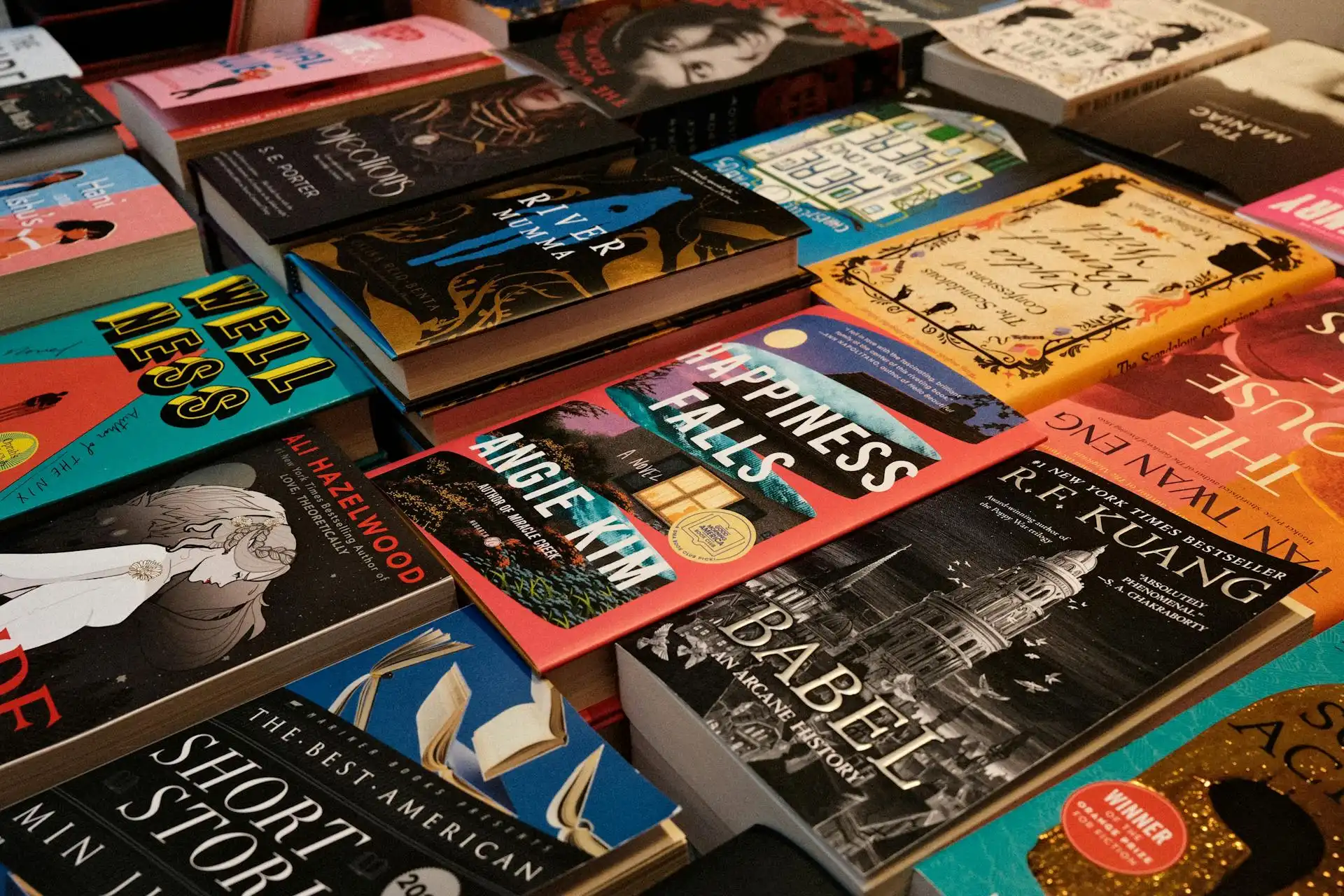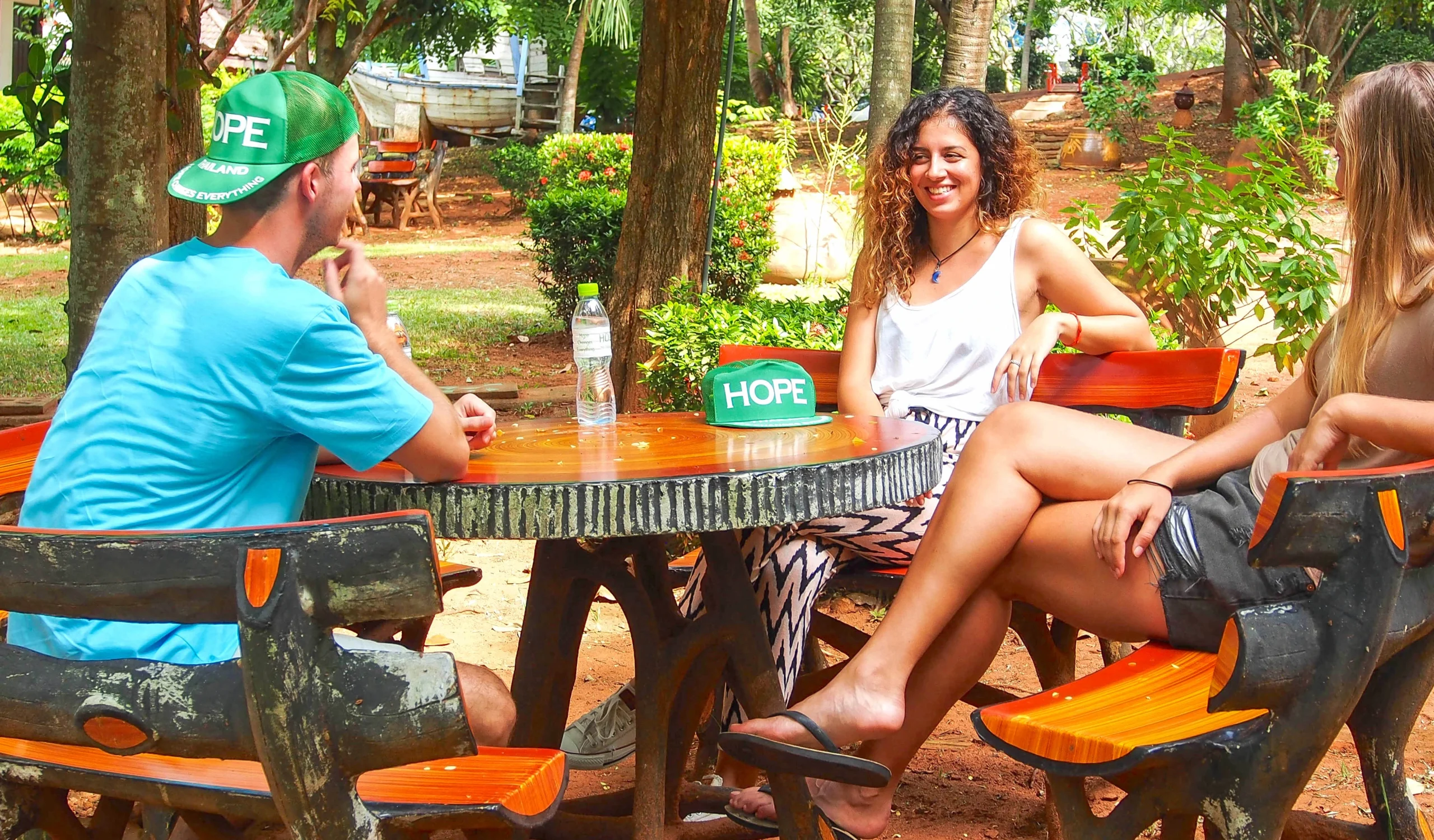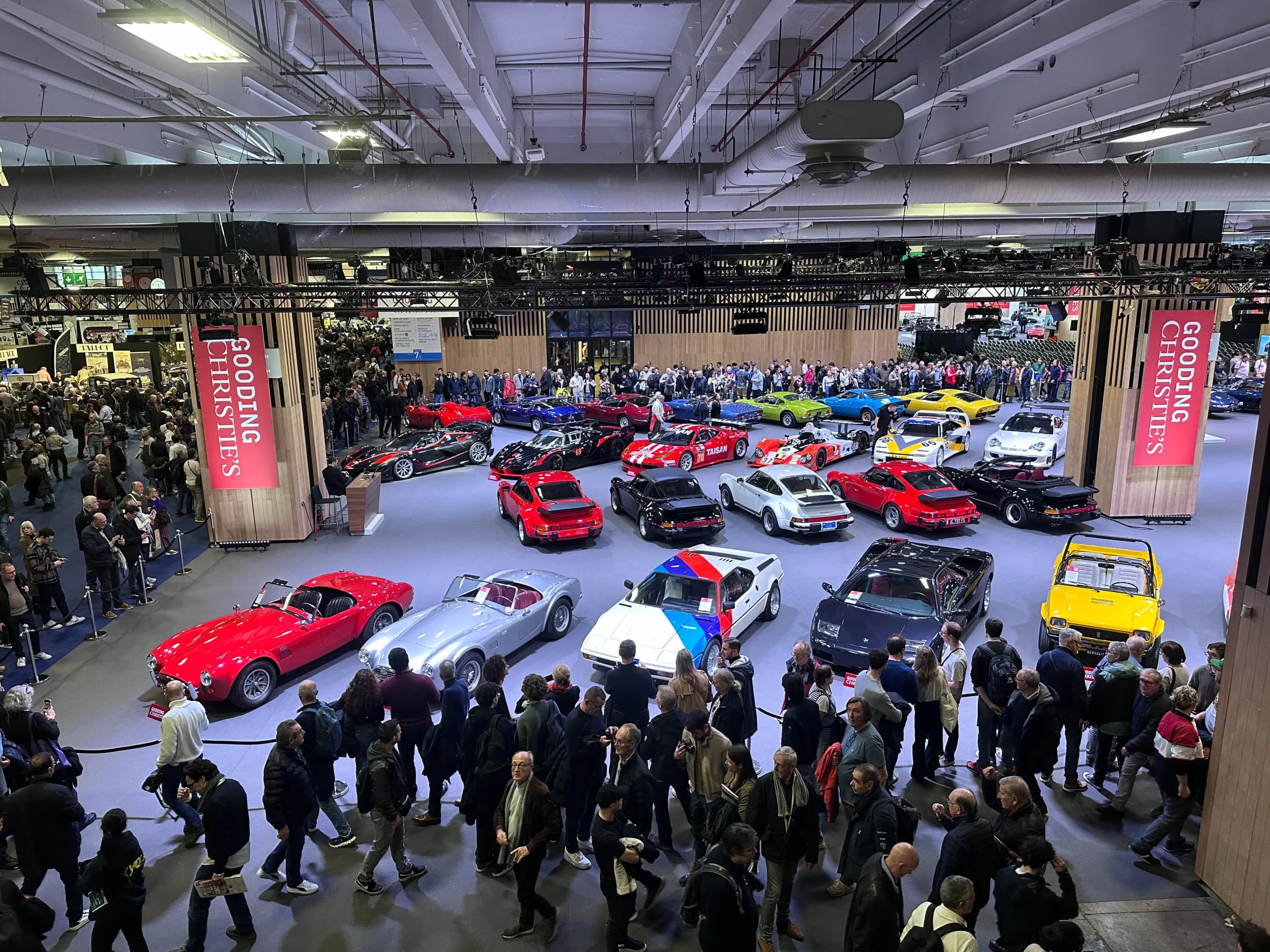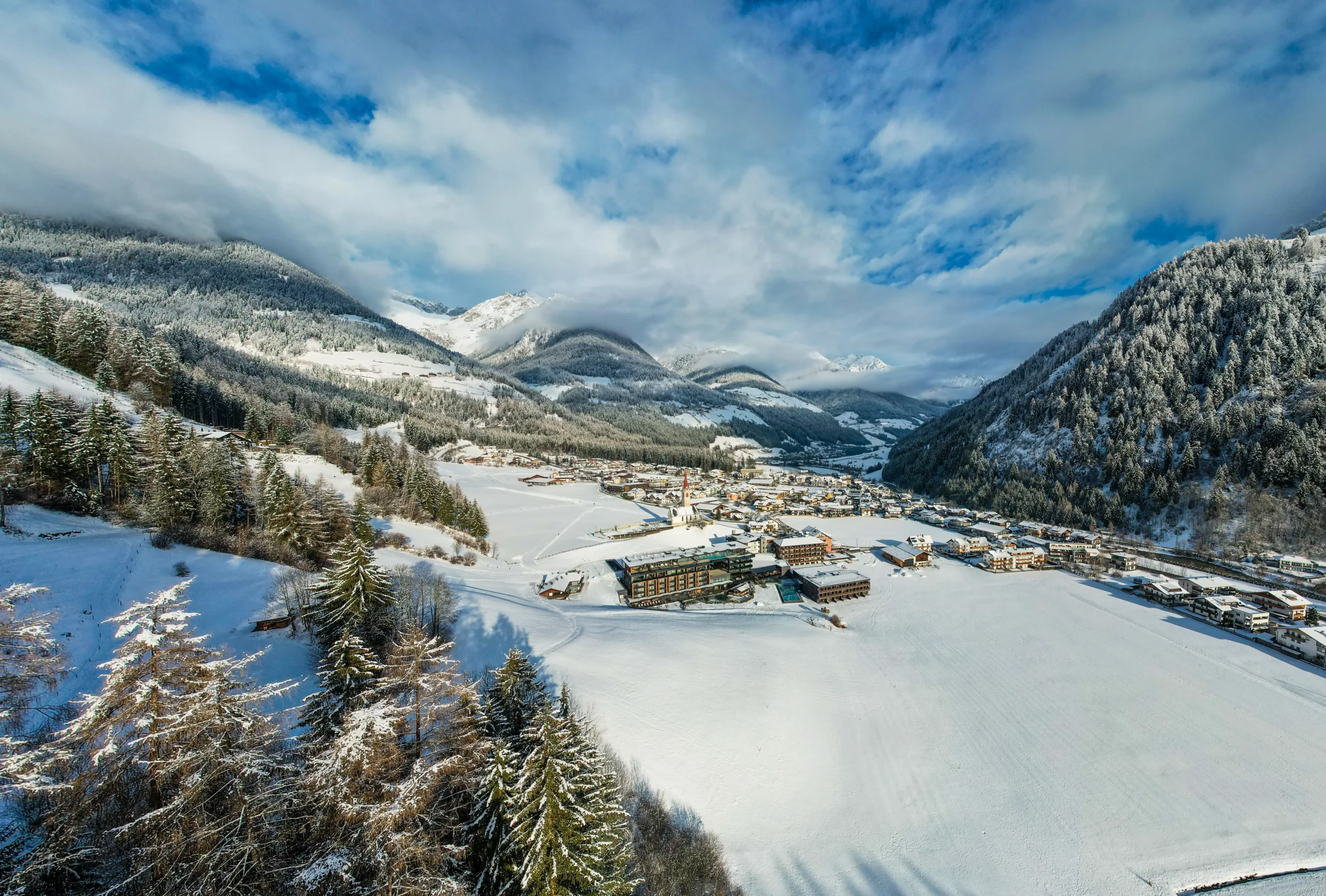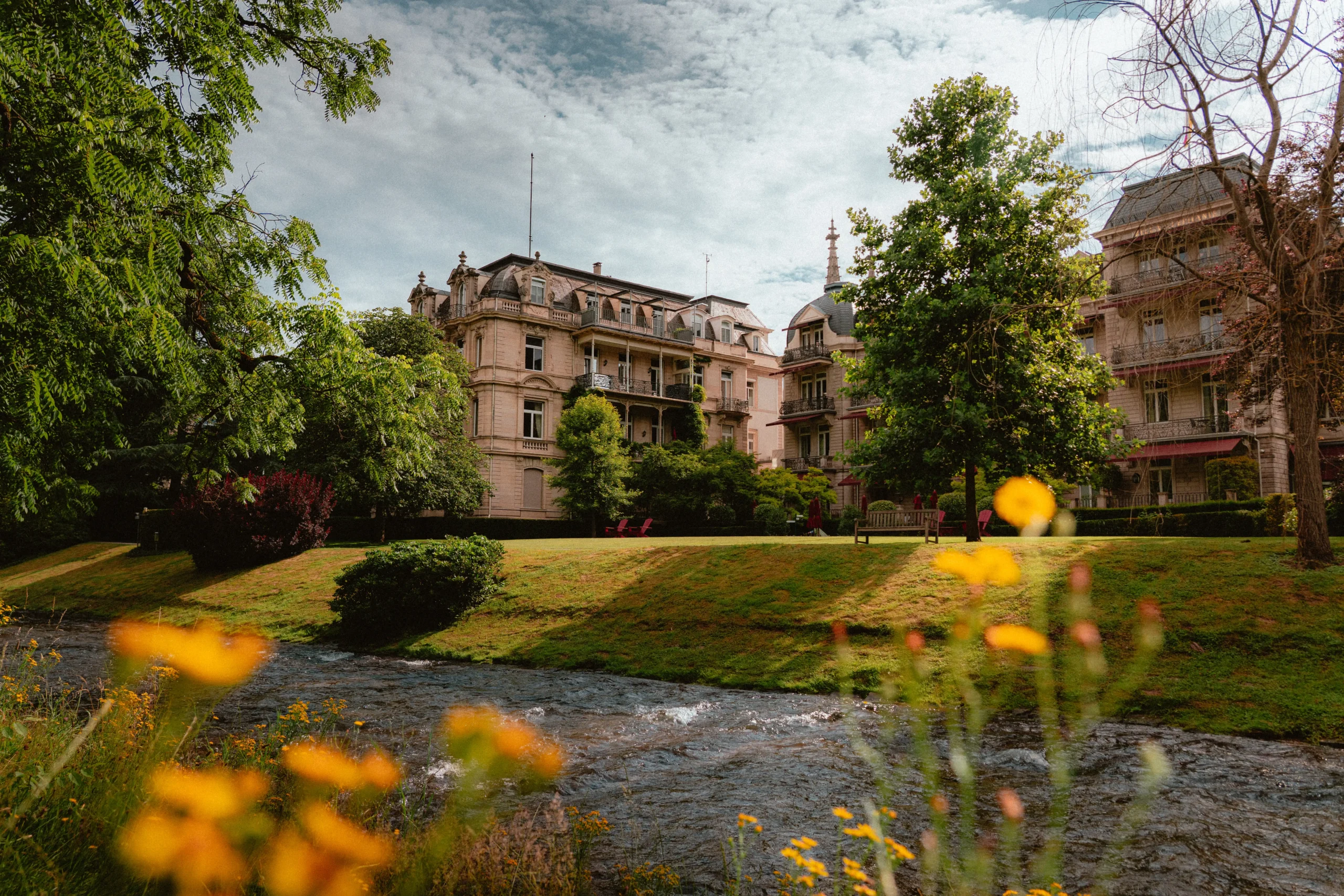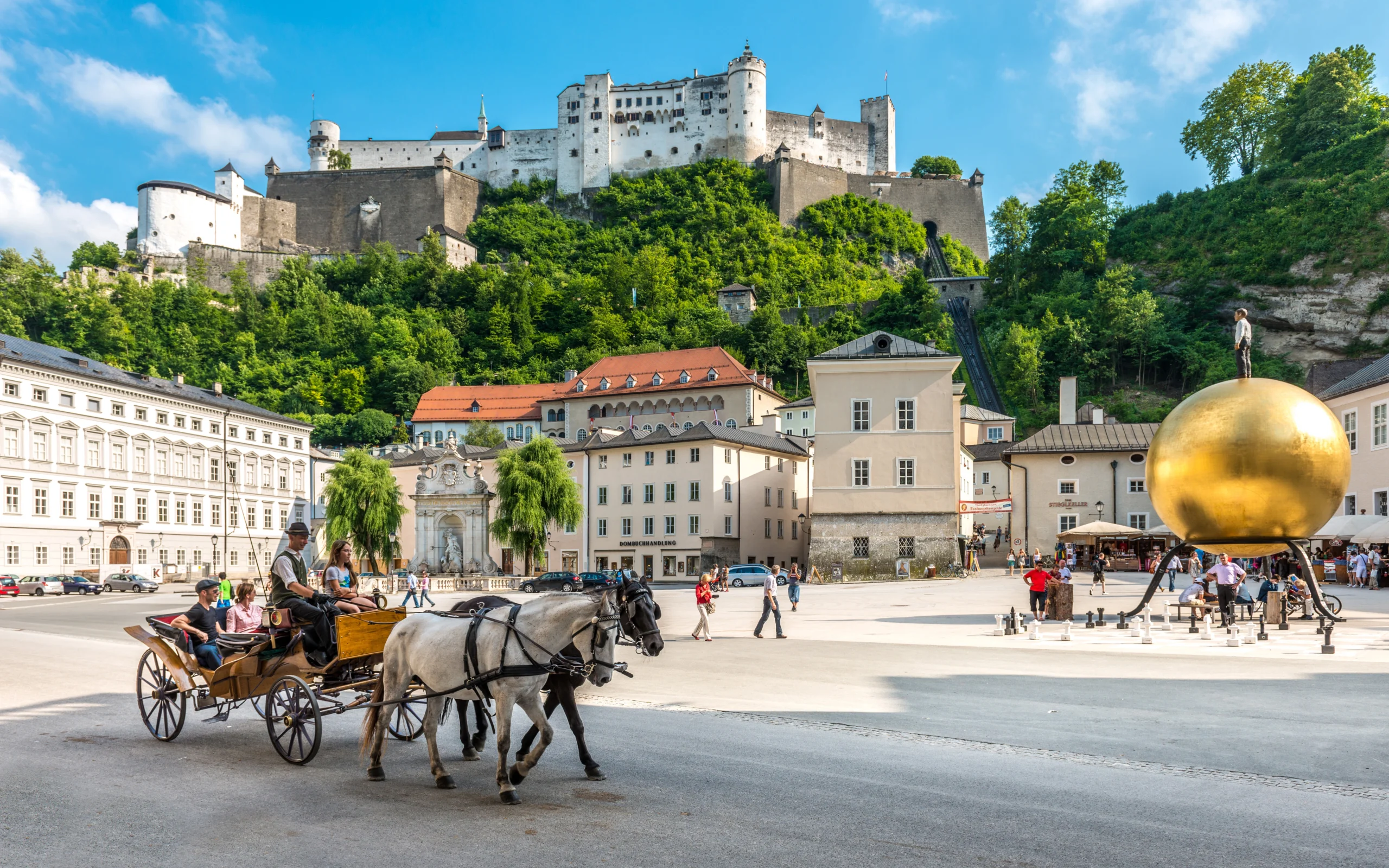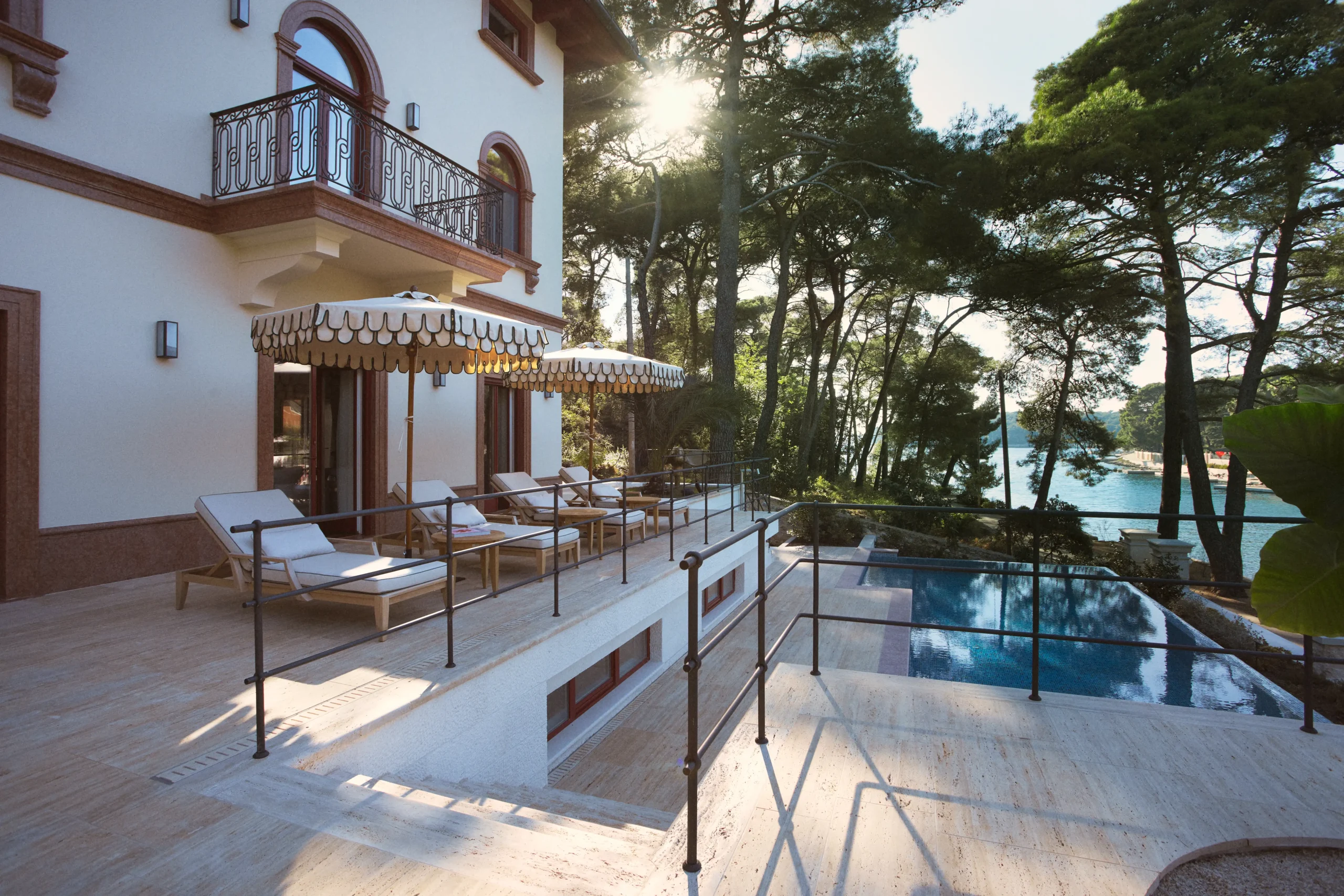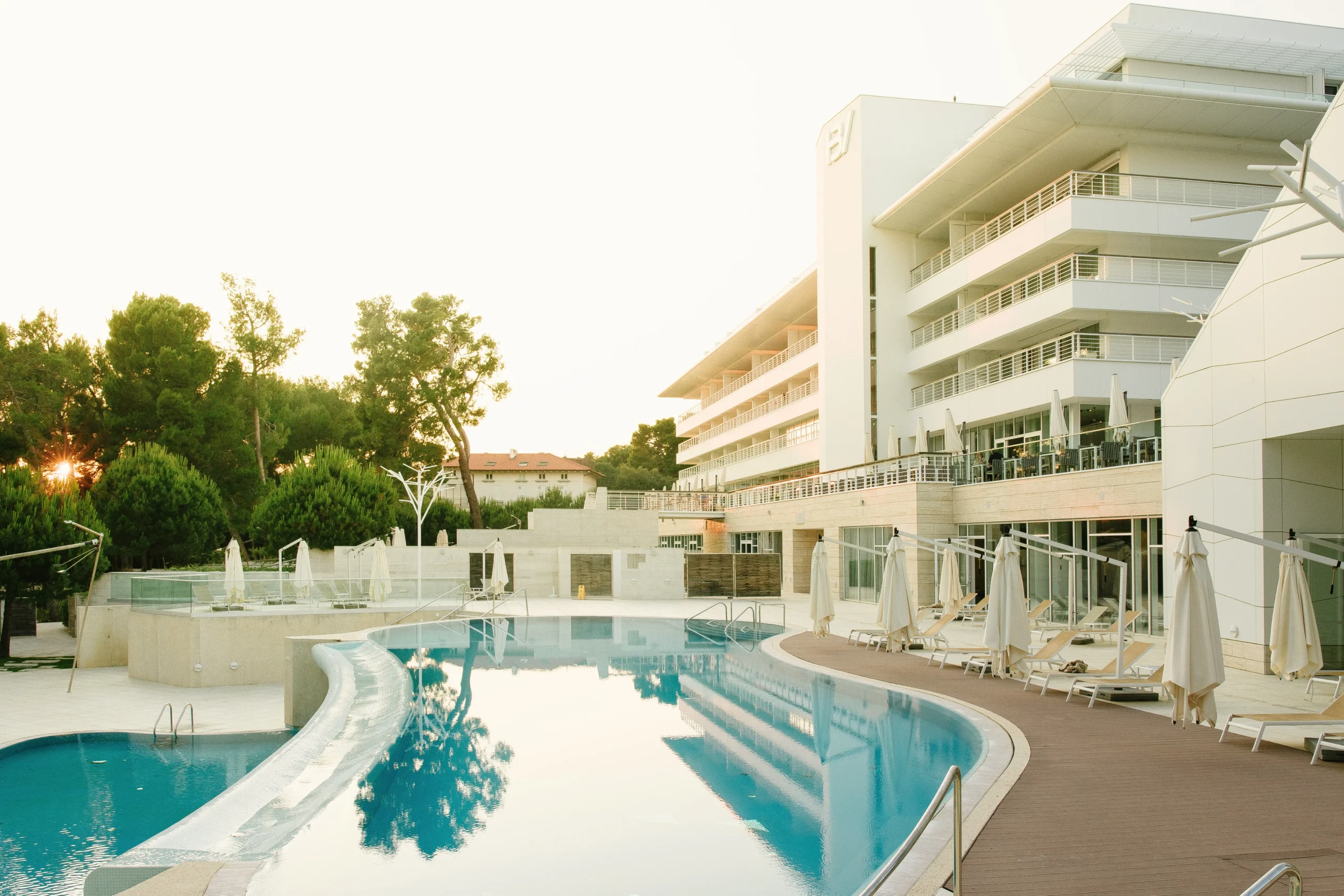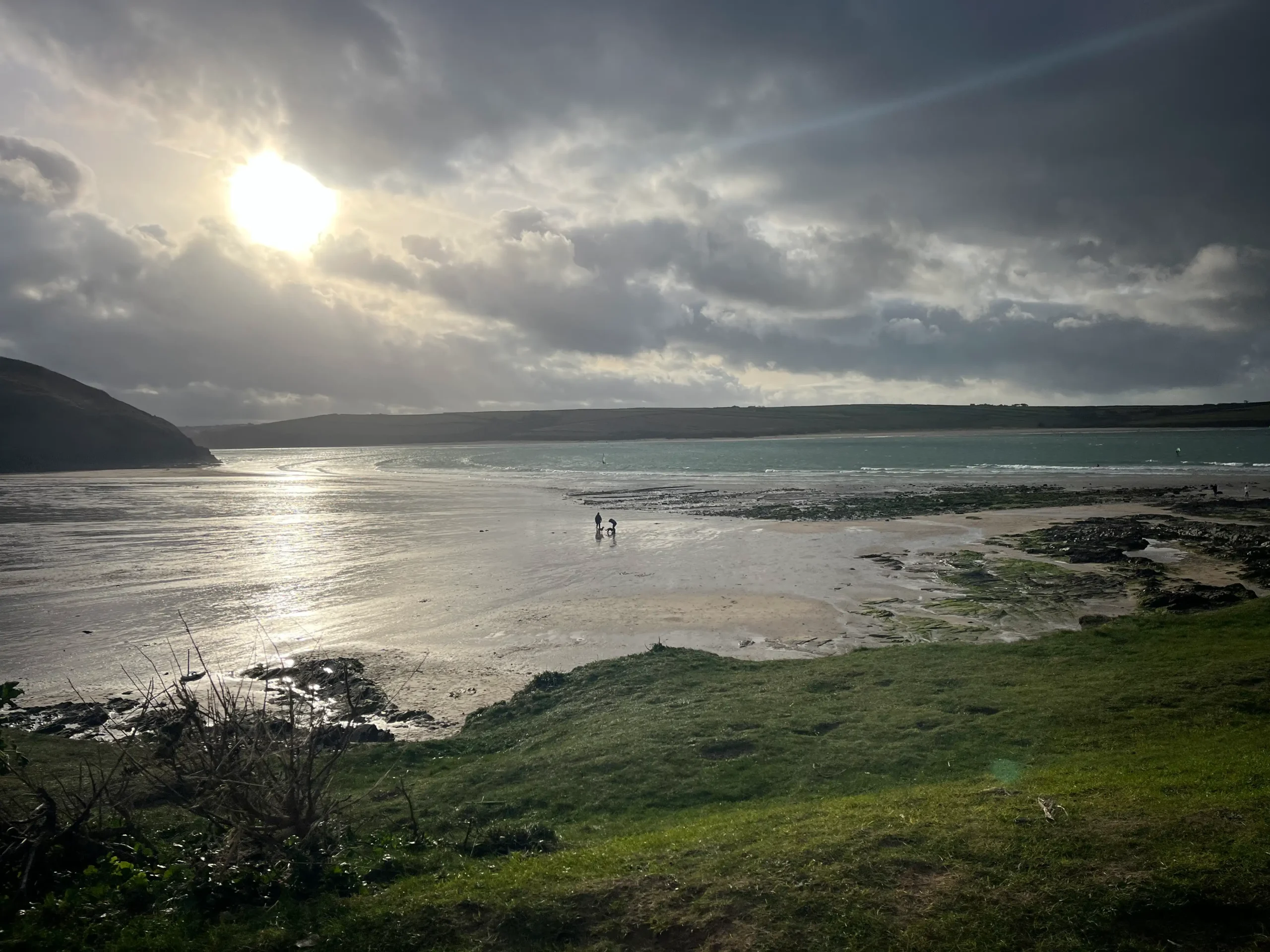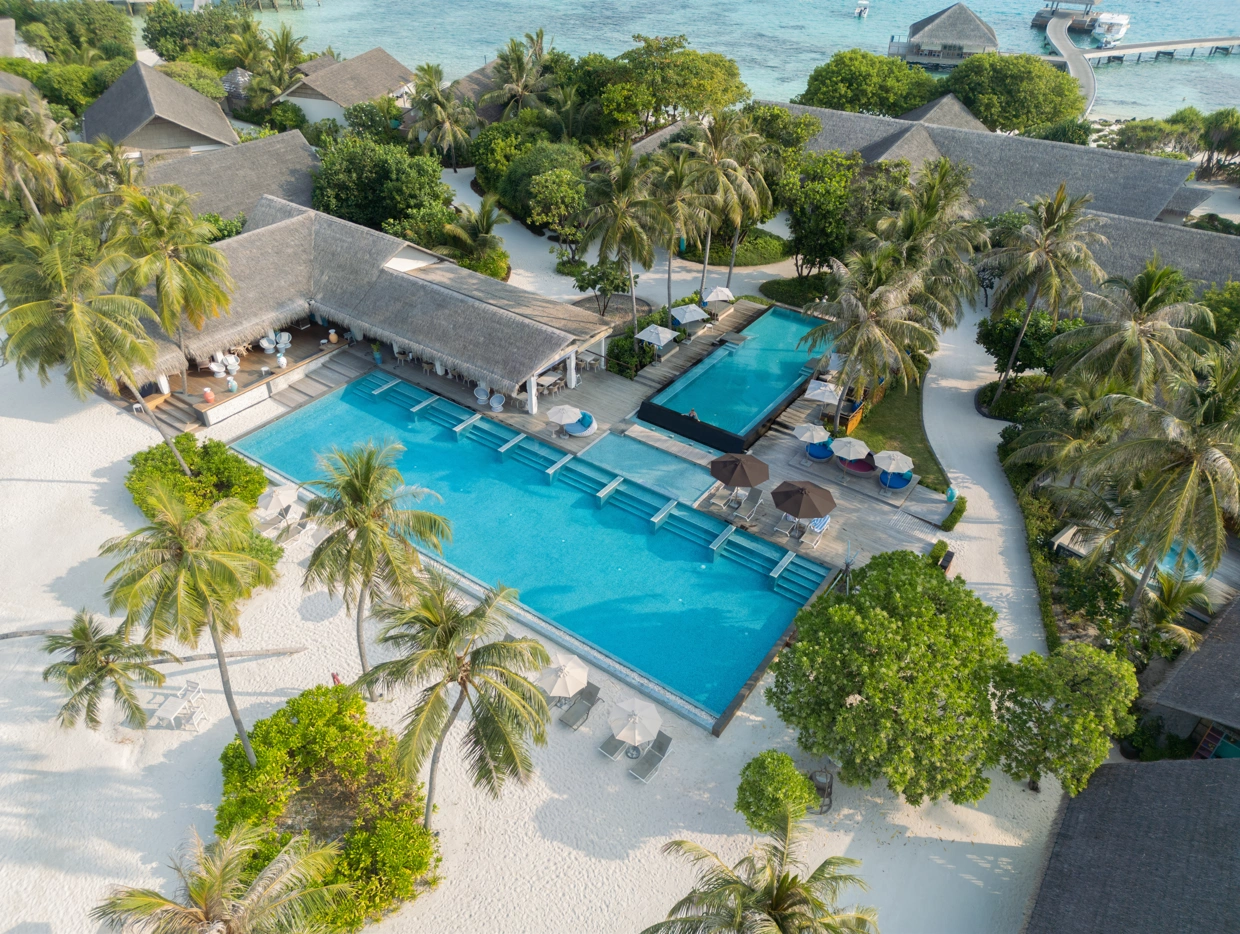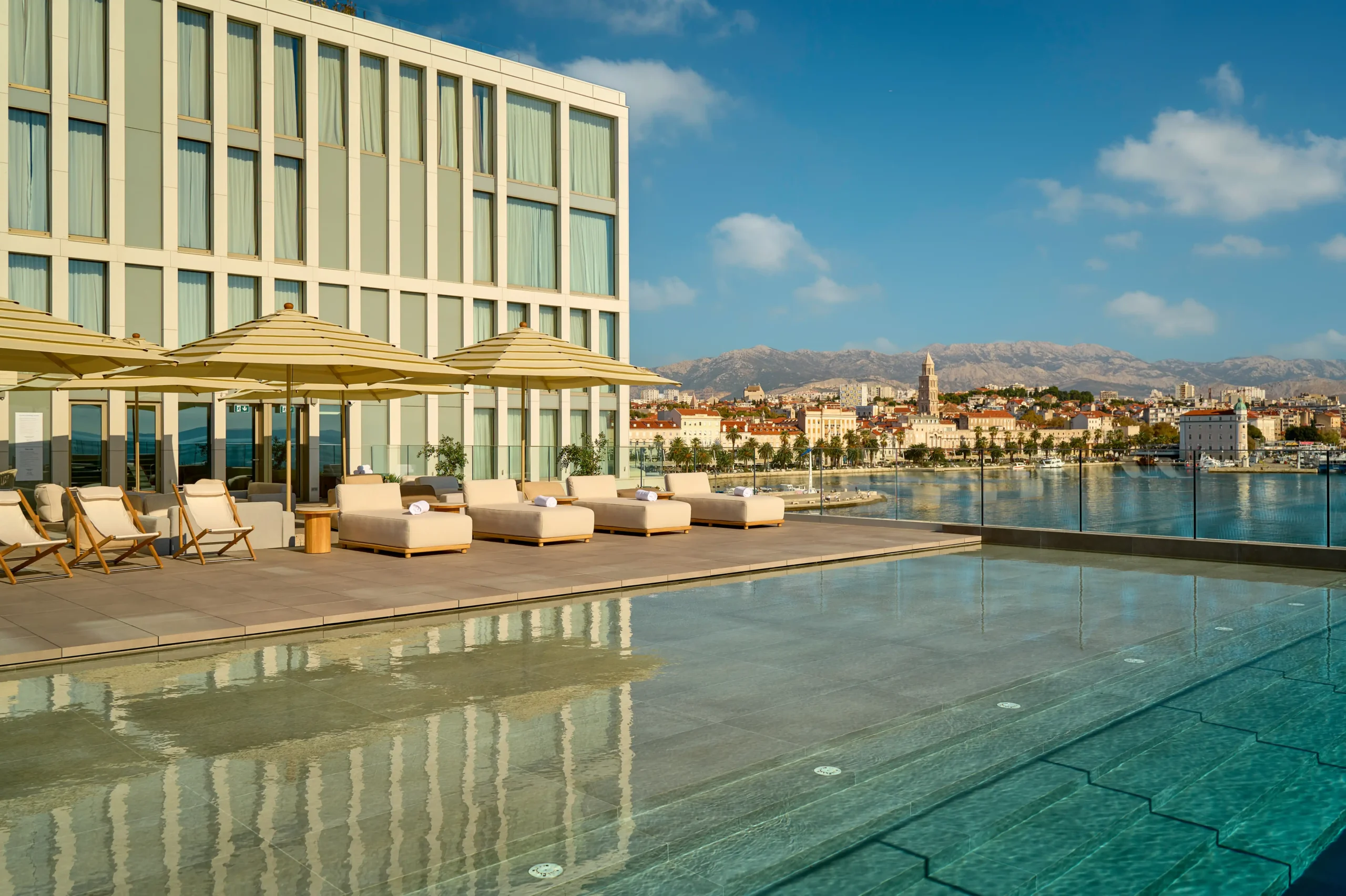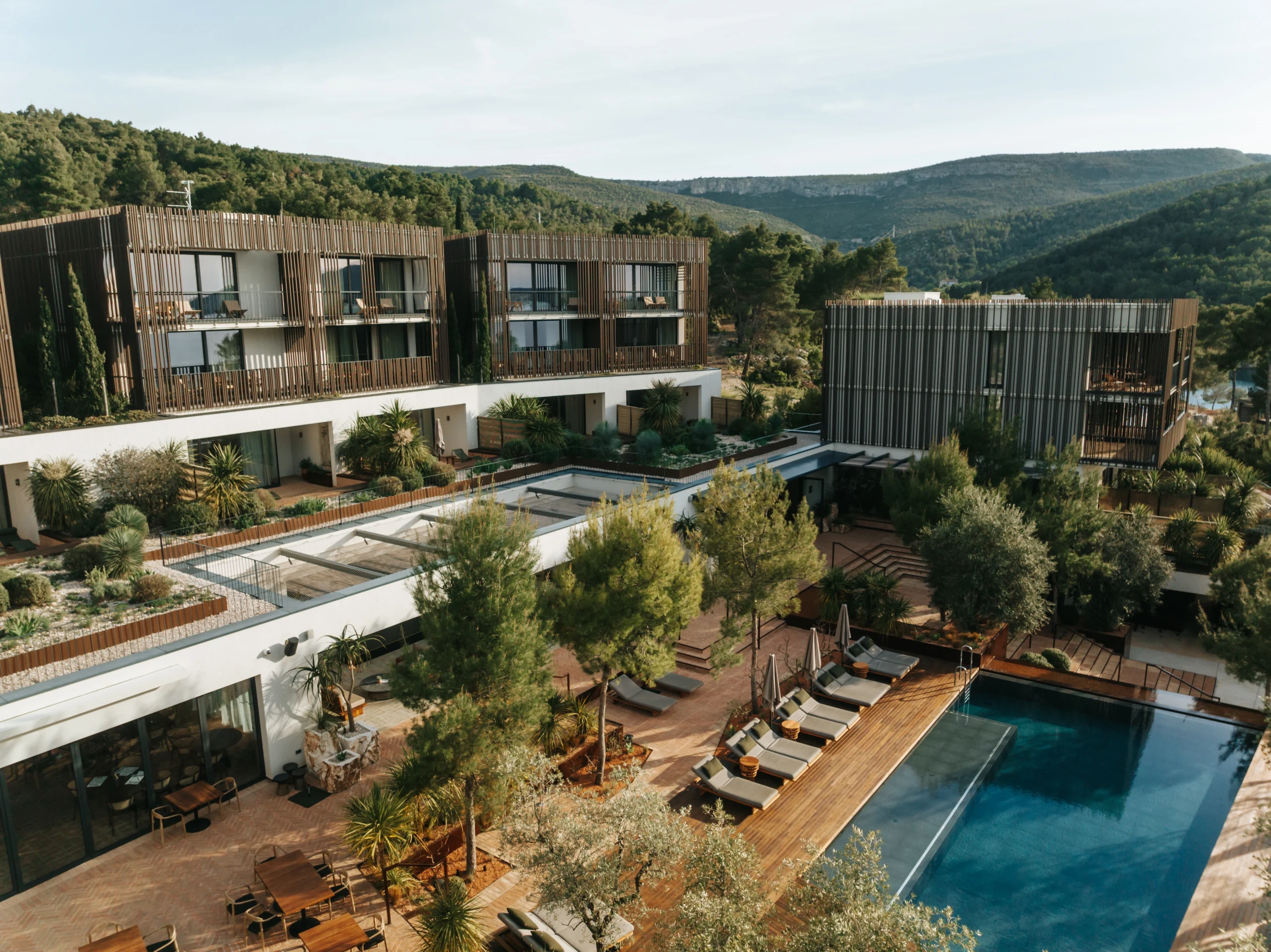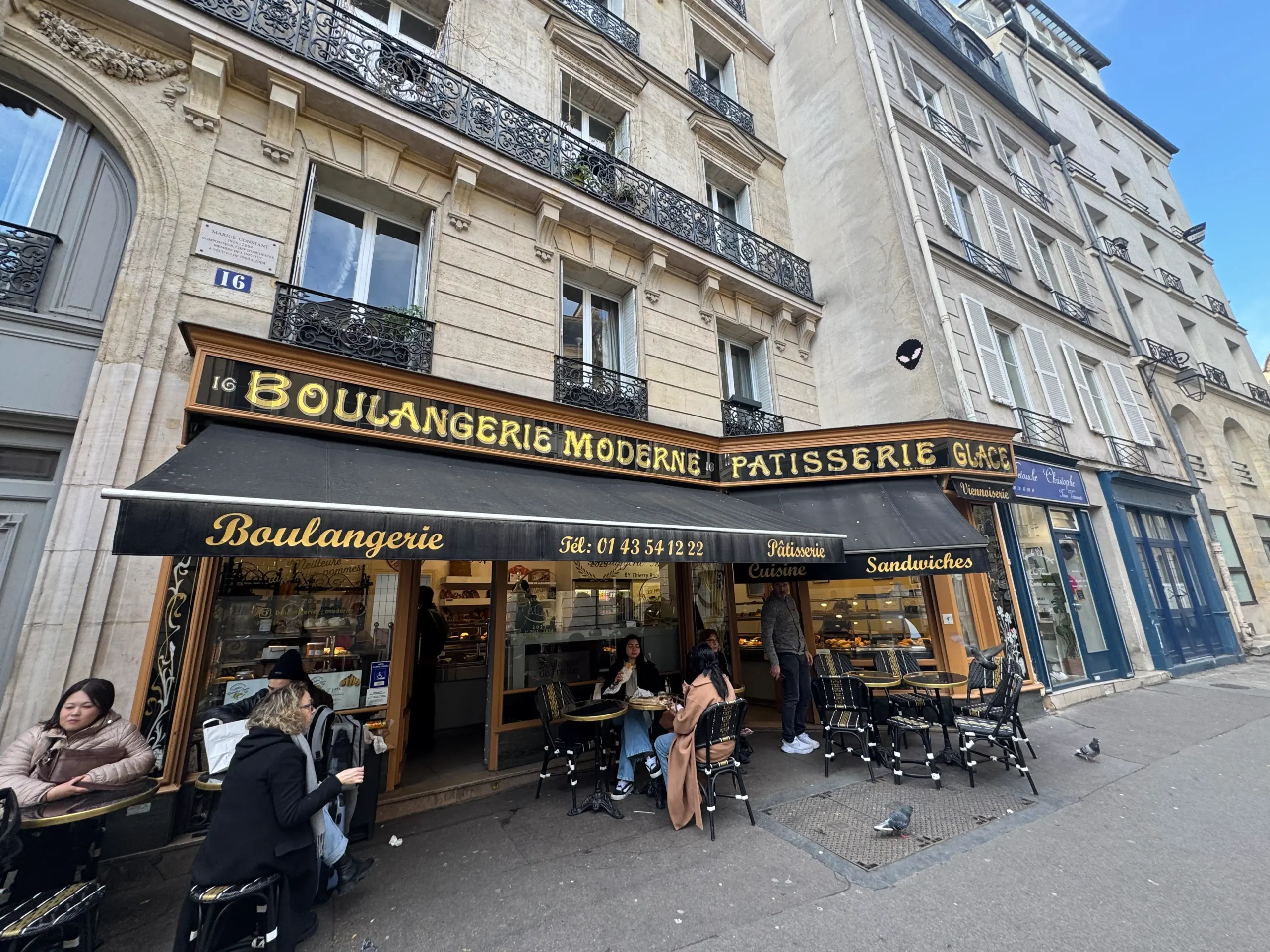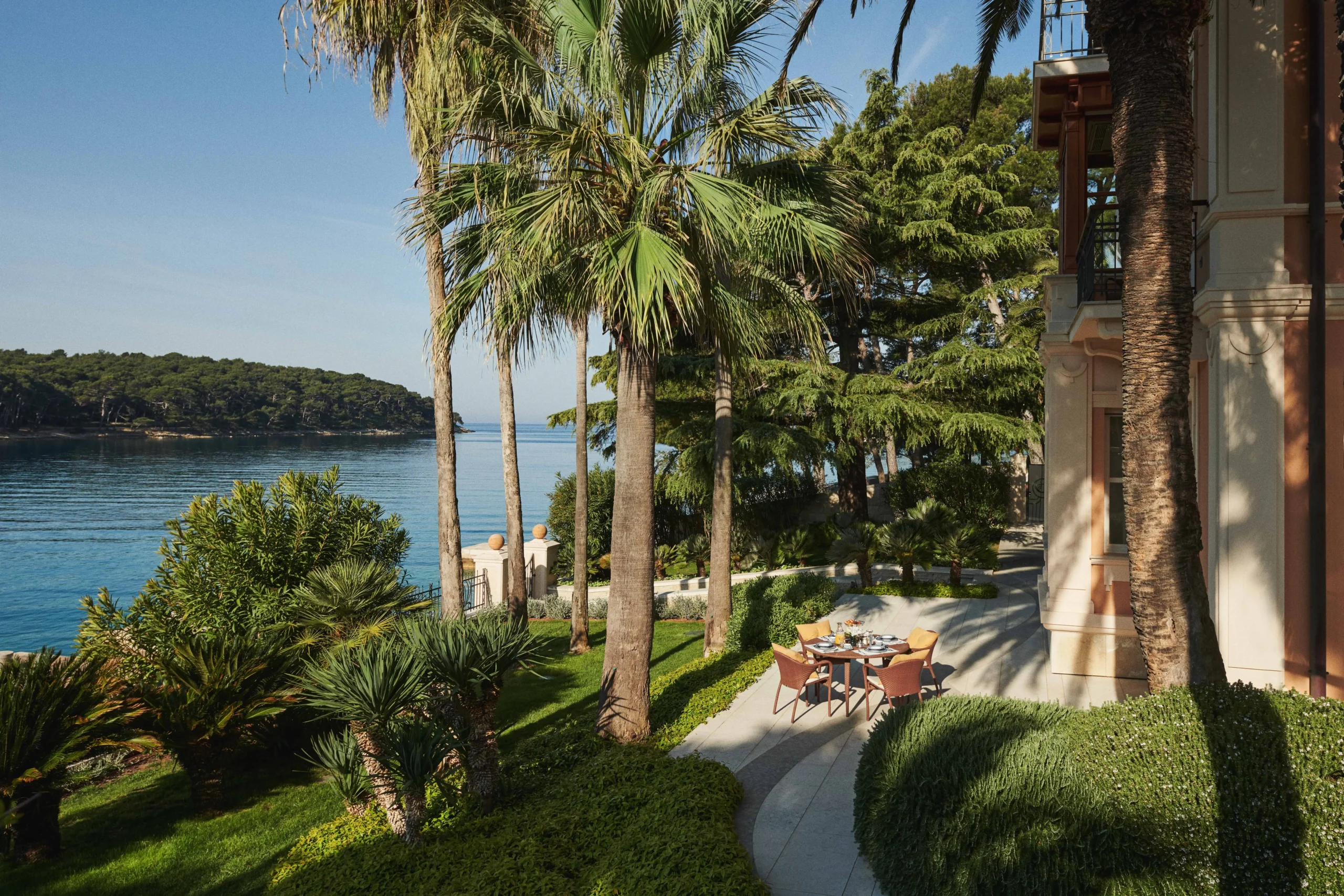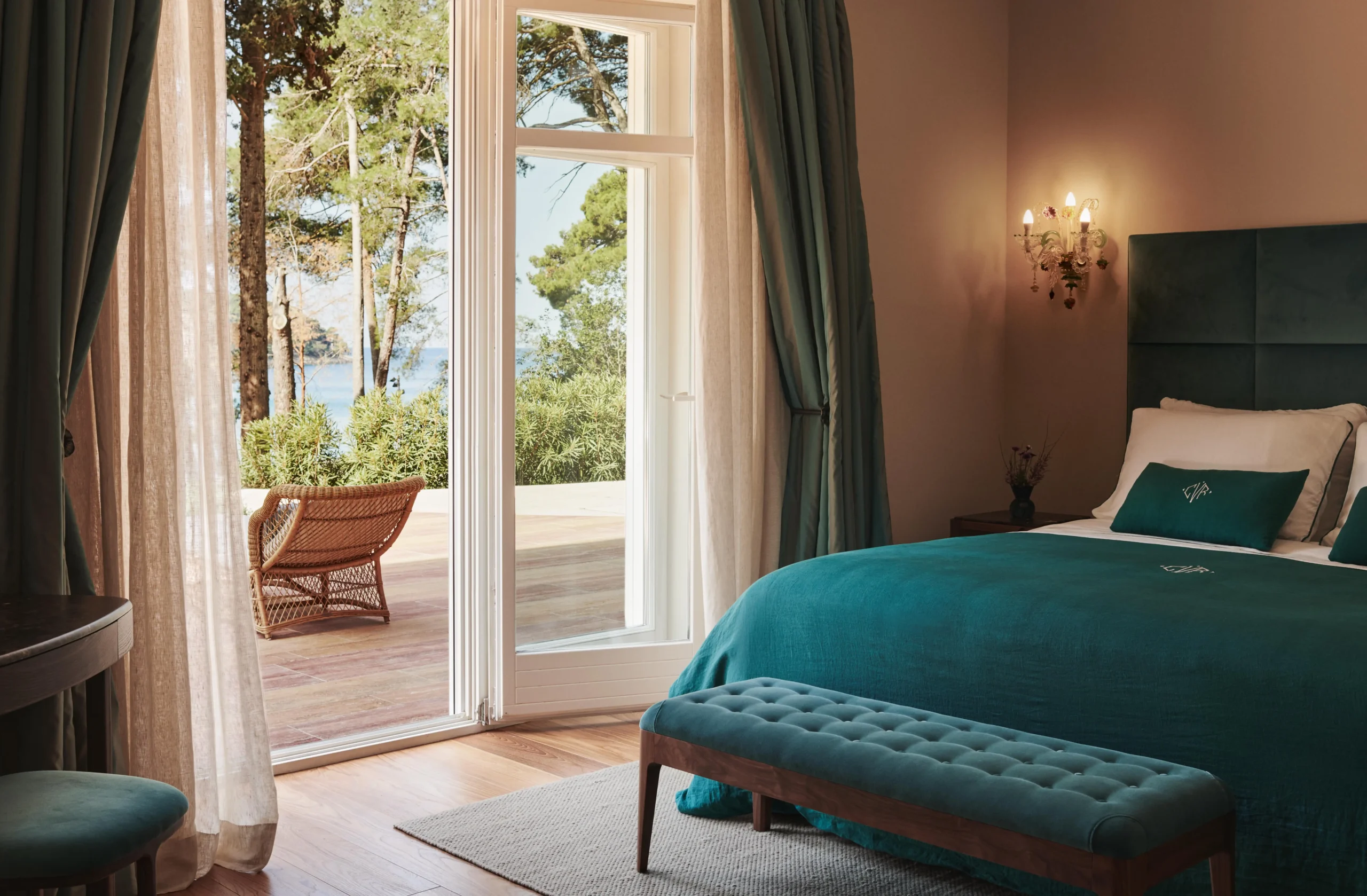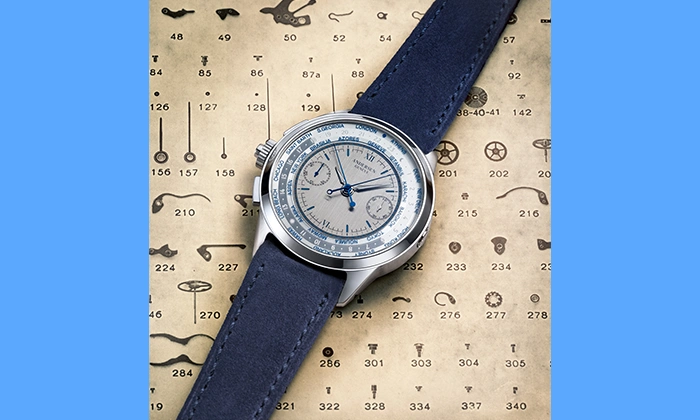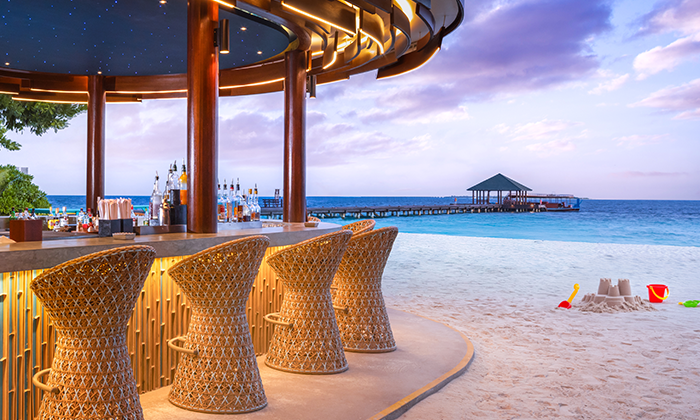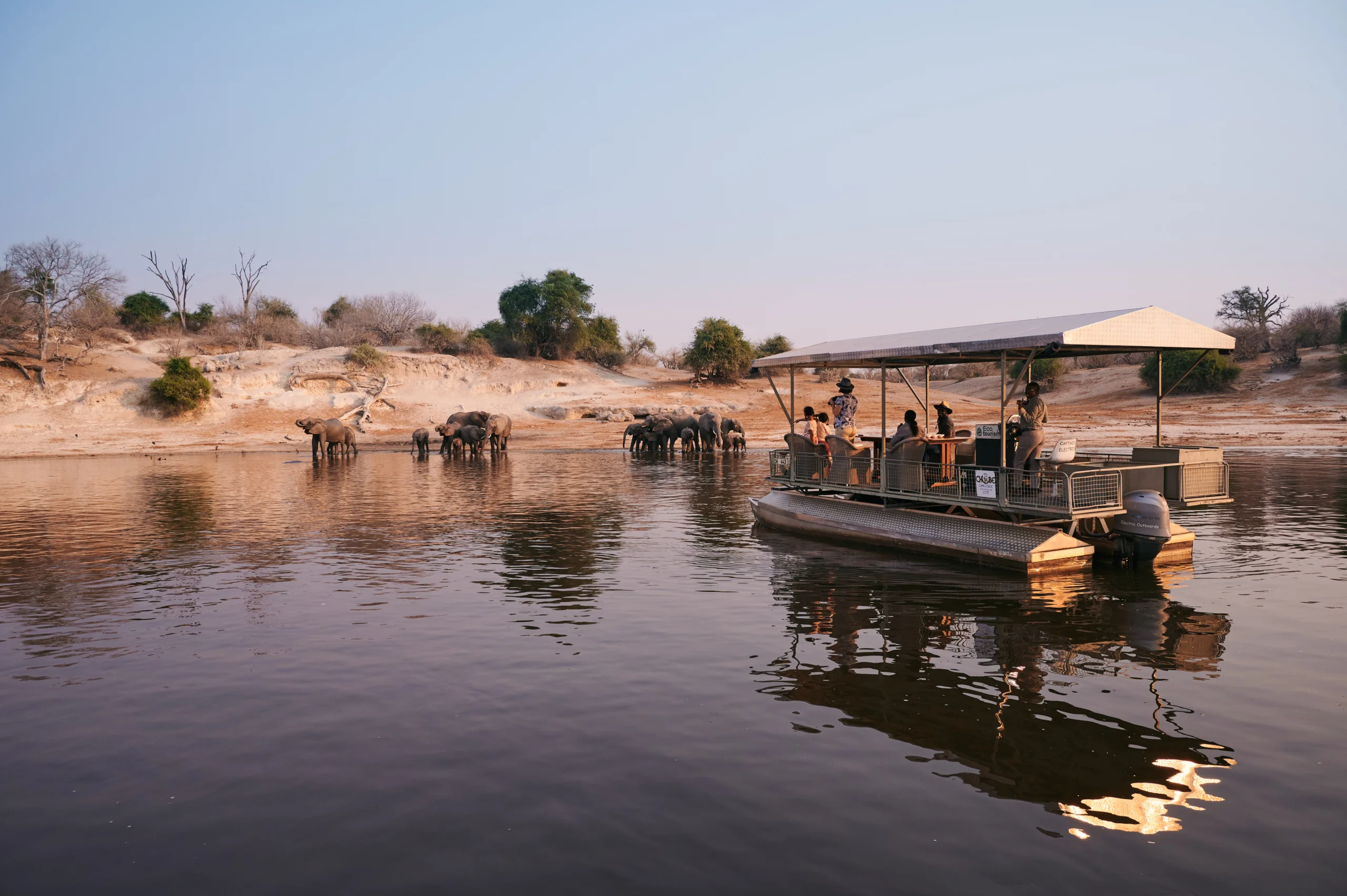Vivaldi and Pärt lead a defining season for Concerto Copenhagen

John E. Kaye
- Published
- Lifestyle
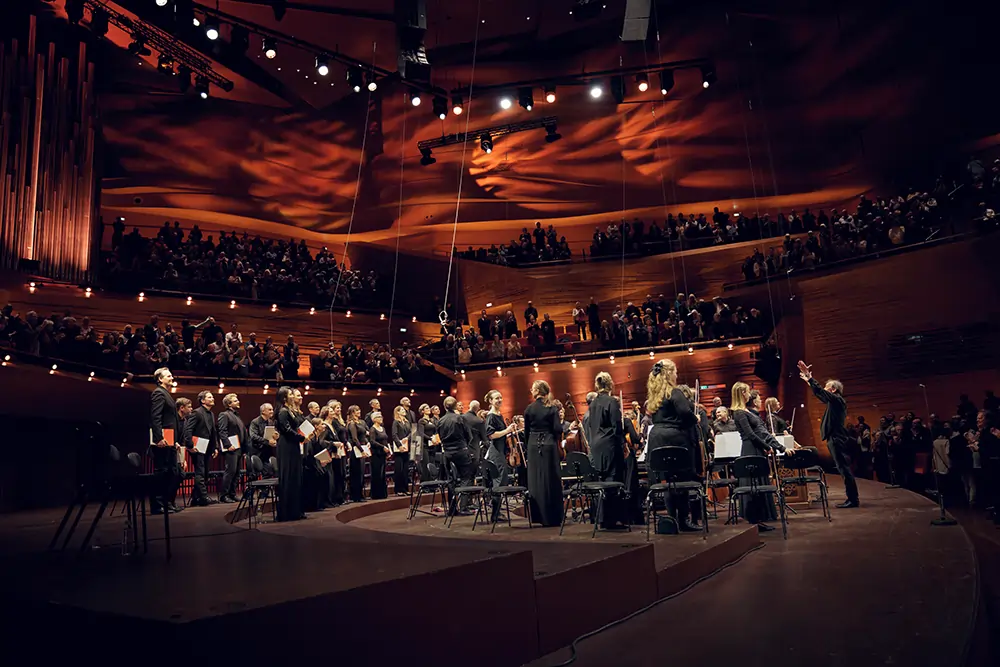
As Concerto Copenhagen prepares to release a new recording of works by Arvo Pärt and stage Vivaldi’s rarely performed opera Griselda, founder Nikolaj de Fine Licht speaks to The European about the ensemble’s evolving mission, its roots in Danish music culture, and the role of historical performance in modern Europe
On a clear spring morning in Copenhagen, Nikolaj de Fine Licht sits across the table, coffee in hand, ready to talk about the year ahead. The founder and managing director of Concerto Copenhagen is here to discuss two major projects that promise to shape the ensemble’s next chapter: a new recording of works by Arvo Pärt and a rare full staging of Vivaldi’s Griselda.
He’s clearly energised by what’s ahead.
“Both projects feel true to who we are,” he tells me. “They come from different centuries, but they share the same depth, the same emotional clarity. That’s what we’re always looking for.”
Concerto Copenhagen is Denmark’s leading baroque orchestra, known for performing classical music using historical instruments and techniques. Founded in 1991, the group specialises in music from the 17th to early 19th centuries, performed in ways that feel both authentic and emotionally engaging. Now, more than three decades on, the ensemble’s commitment to emotional depth and stylistic range continues—reflected in its upcoming release of works by Arvo Pärt, the revered Estonian composer whose minimalist, meditative style resonates with the ensemble’s core values.
Due for release in May, the album was made in collaboration with the Estonian Philharmonic Chamber Choir and conductor Tõnu Kaljuste. Featuring a mix of instrumental pieces and vocal works—including music for choir and orchestra—it reflects the ensemble’s ongoing engagement with contemporary composers whose work shares a commitment to clarity and emotional depth. “From the beginning, our focus has been on finding the human experience at the heart of this music,” de Fine Licht says. “It might be 300 years old, but it still speaks to us. The challenge is to communicate it in a way that feels immediate and relevant.”
De Fine Licht co-founded the ensemble after returning from music studies abroad. At the time, there was very little going on in Denmark in the area of what’s known as ‘historically informed performance’—using original instruments and techniques to reflect how music might have sounded when it was first written. Rather than wait for that tradition to take hold, he and a small group of colleagues built it from the ground up.
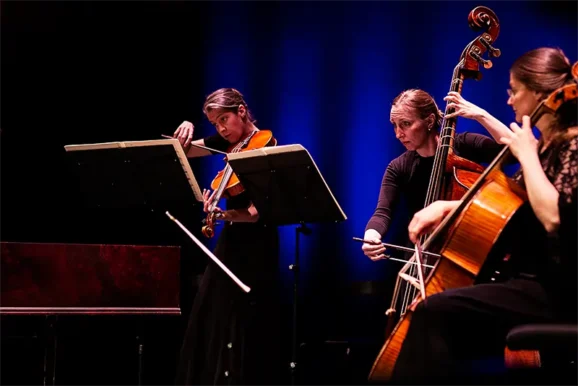
Since 2000, artistic direction has been in the hands of Lars Ulrik Mortensen, a Danish harpsichordist who has helped shape the orchestra’s international reputation. Under his guidance, Concerto Copenhagen has recorded widely and performed across Europe, the US, and Asia, earning praise for technically precise yet emotionally rich interpretations of composers like Bach, Handel, and Haydn.
This year’s major live project is Griselda, a rarely staged opera by Vivaldi. It will be presented alongside a concert focused on the composer’s writing for brass instruments, paired with arias from lesser-known operas and cantatas. The aim is to offer audiences a broader perspective on a composer still best known for The Four Seasons.
While Griselda is the flagship performance, the Pärt recording is just as significant: a step toward expanding the group’s identity without losing its foundation. “It’s not about abandoning early music,” de Fine Licht says. “It’s about showing that the same values—clarity, emotion, space—exist in other musical languages too.”
Equally important to de Fine Licht is keeping the ensemble’s work rooted at home. “I believe in investing the same effort in a concert for 150 people in a small town in Denmark as in a concert in one of the world’s top venues with over a thousand in the audience,” he explains.
Looking ahead, the group is building new partnerships across Europe and investing further in digital tools to make its performances and research more widely accessible. “I believe that constant innovation is possible if you never deviate from your human core beliefs and artistic excellence,” de Fine Licht says, “while at the same time constantly embracing and interacting with the possibilities that modern technology offers—especially in the fields of communication and collaboration.”
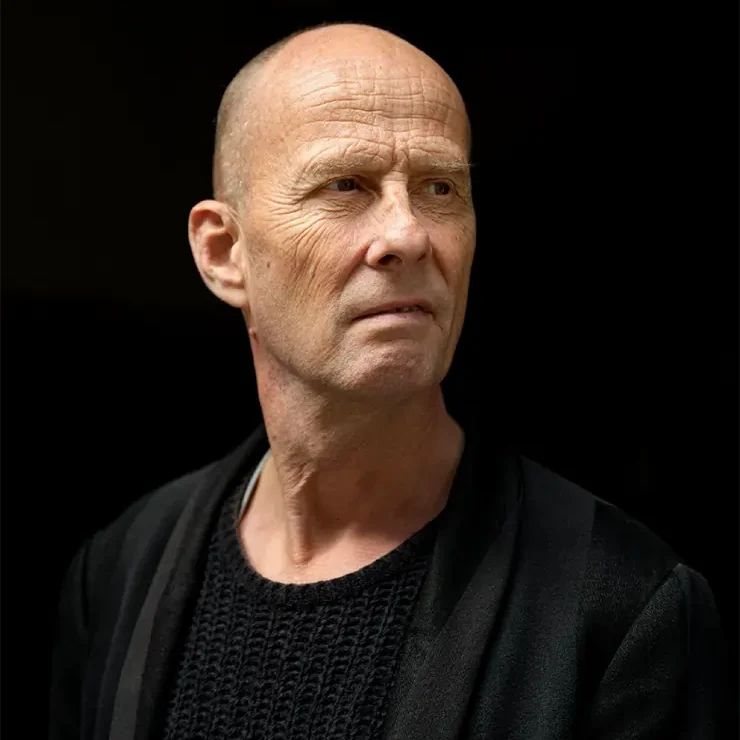
© Ida Guldbaek Arentsen
Further information
coco.dk
Interview: John E. Kaye
Main image: © Mathias Lovgreen
RECENT ARTICLES
-
 Need some downtime? Head to Nerja for some serious decompression
Need some downtime? Head to Nerja for some serious decompression -
 How a book becomes a ‘bestseller (and it’s not what you think)
How a book becomes a ‘bestseller (and it’s not what you think) -
 Fipronil: the silent killer in our waterways
Fipronil: the silent killer in our waterways -
 Addiction remains misunderstood despite clear medical consensus
Addiction remains misunderstood despite clear medical consensus -
 New guide to the NC500 calls time on 'tick-box tourism'
New guide to the NC500 calls time on 'tick-box tourism' -
 Bon anniversaire, Rétromobile: Paris’ great motor show turns 50
Bon anniversaire, Rétromobile: Paris’ great motor show turns 50 -
 Ski hard, rest harder: inside Europe’s new winter-wellness boom
Ski hard, rest harder: inside Europe’s new winter-wellness boom -
 Baden-Baden: Europe’s capital of the art of living
Baden-Baden: Europe’s capital of the art of living -
 Salzburg in 2026: celebrating 270 years of Mozart’s genius
Salzburg in 2026: celebrating 270 years of Mozart’s genius -
 Sea Princess Nika – the ultimate expression of Adriatic elegance on Lošinj
Sea Princess Nika – the ultimate expression of Adriatic elegance on Lošinj -
 Hotel Bellevue, Lošinj, Croatia – refined wellness by the Adriatic
Hotel Bellevue, Lošinj, Croatia – refined wellness by the Adriatic -
 Padstow beyond Stein is a food lover’s dream
Padstow beyond Stein is a food lover’s dream -
 Love really is in the air. How to spot a sky full of heart-stealing stars this Valentine's Day
Love really is in the air. How to spot a sky full of heart-stealing stars this Valentine's Day -
 Cora Cora Maldives – freedom, luxury and a celebration of island life
Cora Cora Maldives – freedom, luxury and a celebration of island life -
 Hotel Ambasador: the place to stay in Split
Hotel Ambasador: the place to stay in Split -
 Maslina Resort, Hvar – mindful luxury in the heart of the Adriatic
Maslina Resort, Hvar – mindful luxury in the heart of the Adriatic -
 The bon hiver guide to Paris
The bon hiver guide to Paris -
 Villa Mirasol – timeless luxury and discreet elegance on the island of Lošinj
Villa Mirasol – timeless luxury and discreet elegance on the island of Lošinj -
 Lošinj’s Captain’s Villa Rouge sets a new standard in private luxury hospitality
Lošinj’s Captain’s Villa Rouge sets a new standard in private luxury hospitality -
 Villa Nai 3.3: A Michelin-recognised haven on Dugi Otok
Villa Nai 3.3: A Michelin-recognised haven on Dugi Otok -
 The European road test: The Jeep Wrangler Rubicon
The European road test: The Jeep Wrangler Rubicon -
 Rattrapante Mondiale – Split-Seconds Worldtimer
Rattrapante Mondiale – Split-Seconds Worldtimer -
 Adaaran Select Meedhupparu & Prestige Water Villas: a Raa Atoll retreat
Adaaran Select Meedhupparu & Prestige Water Villas: a Raa Atoll retreat -
 Heritance Aarah: an island escape crafted for exceptional family and couples’ stays
Heritance Aarah: an island escape crafted for exceptional family and couples’ stays -
 Stanley Johnson in Botswana: a return to the wild heart of Southern Africa
Stanley Johnson in Botswana: a return to the wild heart of Southern Africa

